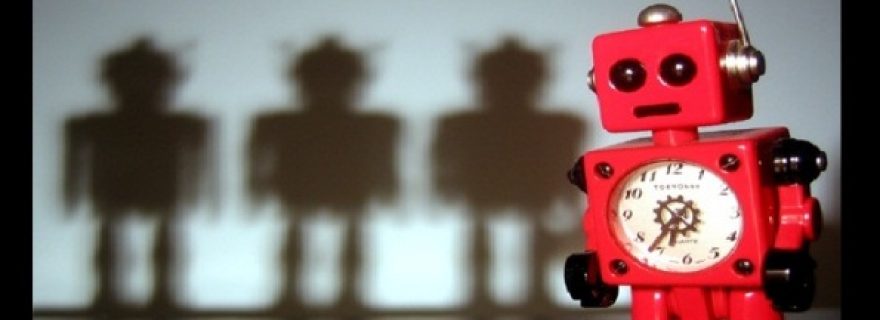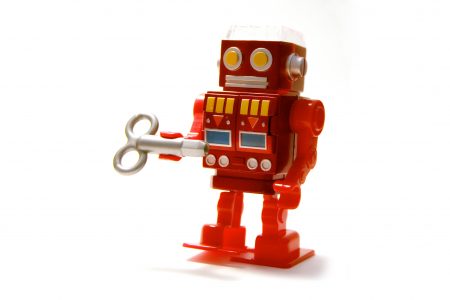Robots really are going to make our lives better
If we were to believe popular media, robots are taking over our lives and our jobs! Whether you believe it or not, it definitely is food for thought. What are the consequences of robotisation, and should we really be worried?
It seems only natural. We all want to live longer, better, healthier lives. Make sure you eat your super foods and exercise at least three times a week. Do some volunteering for some moral peace of mind and I’m sure we could live to be a hundred. But… it’s… just… so… much… work.
Robotic revolution
Good thing we’re living in the golden age of the robot. Why better ourselves when we could have robotic minions attending to our every wish? I realize all too well you’re not taking me seriously, but how about Lodewijk Asscher, Minister of Social Affairs? Last September, Mr. Asscher warned about rising unemployment figures that could be caused by robots taking over menial labor, in a sort of robotic revolution. A commonly heard argument against this position is taken from history. For after all, the workforce recovered from the loss of jobs during the Industrial Revolution, didn’t they? Just train people to do other jobs!
Unfortunately (or fortunately, depending on who you ask), I believe this is a false analogy. The loss of jobs due to robotization will not be limited to manual labor, and retraining the unemployed will no longer be a viable option due to the nature of work being automated. Where earlier (smaller-scale) revolutions have replaced mainly unskilled jobs, the field of artificial intelligence (AI) has made huge strides in the past two decades. It is no longer just unskilled workers who will have to compete with robots and algorithms; middle-class, white-collar jobs are also at risk. Simple newspaper articles written by AI are hard to distinguish from their human-written counterparts. And even jobs that require graduate or postgraduate professional training are no longer safe.
Experts predict that the American legal sector will be shrinking in the near future – not in terms of revenue, but in terms of jobs. The process of discovery, which involves relevant documents being examined or subpoenaed, is a costly and time-consuming affair, conducted by highly-paid lawyers or paralegals. New advances in natural language processing algorithms can perform this task as accurately as professionals, at a fraction of the cost.
Flexibility and smart algorithms
But of course, we’re still talking about specialized applications of algorithms to replace human labor in a specific position in the workforce. It gets really interesting when you consider general-purpose robots that can be trained to perform arbitrary tasks. However, creating such robots is a complex process, which explains the view most people have of robots as slow, inflexible machines. One of the problems in AI is abstracting flexible action plans from observed behavior. For example, when I make a cup of coffee, the order in which I add milk and sugar is not particularly relevant. In contrast, the order in which I put the mug on the table and start pouring coffee is very relevant. Smart algorithms are able to extract this type of dependency information from observed actions.
To help robots in this difficult endeavor, we looked at the human brain for inspiration to solve part of this problem. We developed a new computational model that advances our understanding of how the brain learns everyday actions, such as making coffee, tea, or pancakes. In a study published in Philosophical Transactions of the Royal Society B, we propose a neurally-inspired algorithm that explains how the brain can learn to abstract the hierarchical subtasks (e.g., adding sugar) that are common to many recipes. The proposed algorithm, using short-term predictions and feedback, requires much less training than other models to train a robot to make coffee and tea. Our algorithm is expected to be useful in explaining human goal-directed behavior, which has long stymied researchers.
Robots making your coffee?
We carried out our research, together with researchers from the University of Colorado at Boulder, as part of the European RoboHow consortium: a collaboration between research universities and industry partners that aims to develop an autonomous robot to perform arbitrary, everyday activities such as making pancakes or coffee.
For now, I’m afraid you will have to make your coffee yourself. And yes, clean your house as well. But soon, you will be able to thank science for robots that do your dishes, vacuum your house, and make you dinner. And take your job. You’re welcome.





